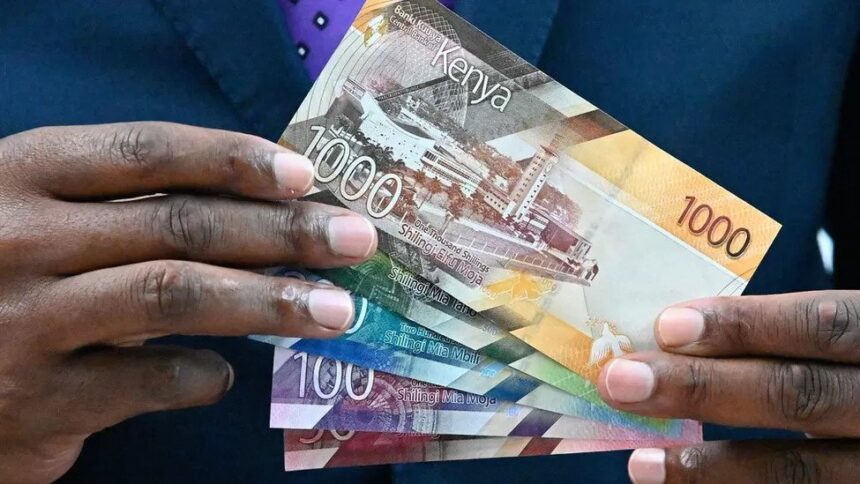Currency printer De La Rue has suspended bank note printing operations in Kenya for the next 12 months as the government reigns in on runaway inflation and as more and more Kenyans switch to mobile money as compared to physical cash.
The company which is owned 40 percent by the Kenyan government noted that although its joint venture remains active, and said it was exploring business opportunities with a view to restarting production “if the economic climate permits”.
De La Rue explained that it does not expect any new orders from the Central Bank of Kenya (CBK) over the next one year due to low market demand.
Kenya is said to have the second-largest mobile money market in the world, after China, with the country boasting 35 million subscribers as of 2021, according to figures released by the Kenya National Bureau of Statistics.
Mobile money transactions in Kenya rose to a staggering Ksh15.3 trillion in 2021, as against Sh9.4 trillion in the previous year. This is by far the highest in Africa, with Ghana coming in as a distant second.
Additionally, mobile money platform which were in the formative years, used primarily for person-to-person cash transfers but the growth has now extended to payment of services and goods, and payment of government services.
President William Ruto has already promised thar 90 percent of government services will be accessible online within the next six months which would further reduce the need for cash transactions.
“To ensure that Kenyans are getting better government services, we will ensure that 5000 government services are accessible online in a period of six months. This will help solve the issues of Kenyans making very long ques to be served,” said Ruto last month.
And with more and more Kenyans opting to make cash transactions using their mobile phones, the need to carry physical cash has significantly reduced over the years making it unnecessary for CBK to print the number of bank notes it was doing in the previous years.
Furthermore, CBK has raised the lending rates in a bid to tame runaway inflation amid weakening shilling in a net import economy, a move that will further reduce the amount of money in circulation. The bank’s Monetary Policy Committee (MPC), the top-decision-making organ tasked with stabilising prices in November raised the benchmark interest rate by 50 basis points to 8.75 percent.







